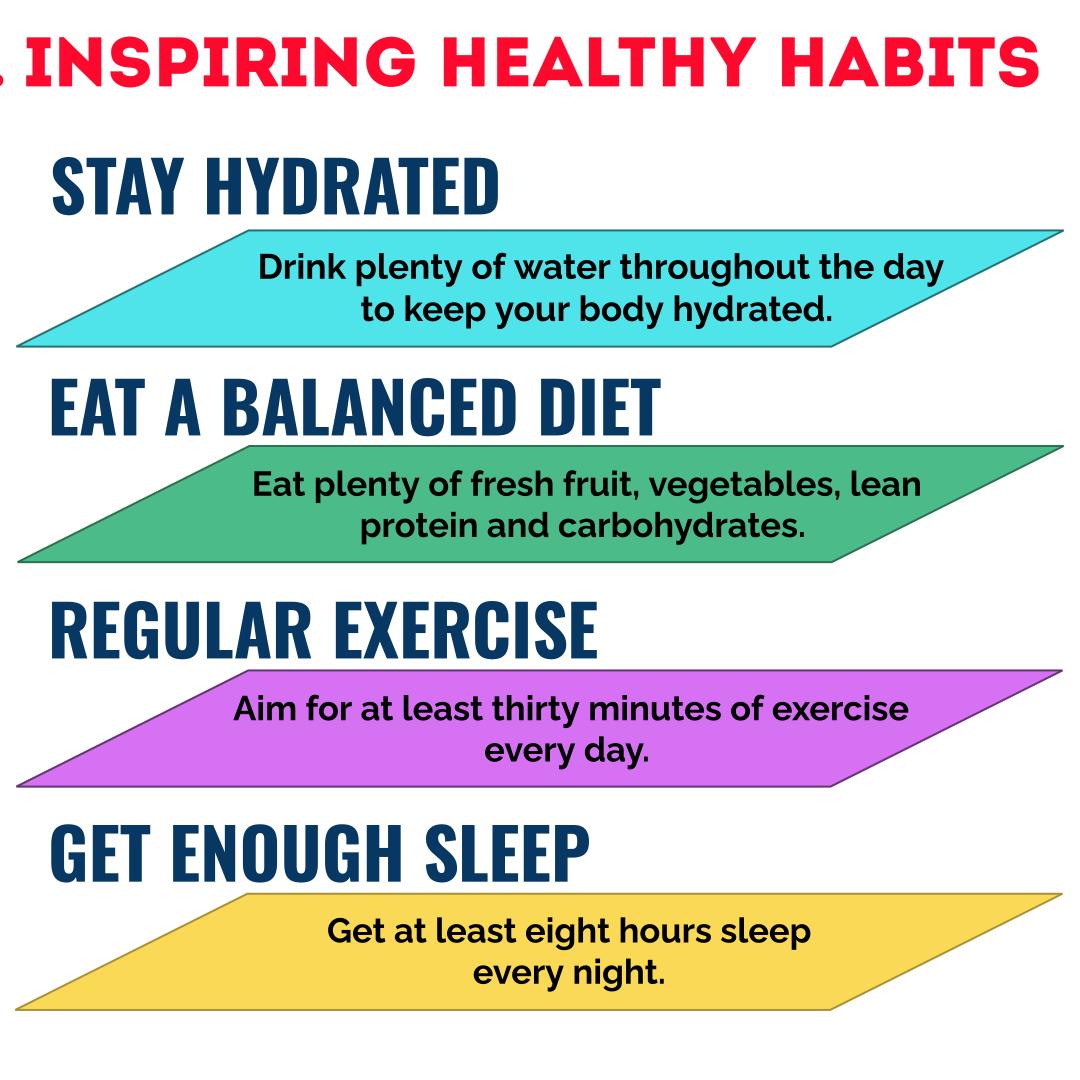

HEADLINES
By James SaundersSUCCESS IS 10% INSPIRATION AND 90% PERSPIRATION
As we come to the end of another busy term, it is important to take a moment to reflect on the great achievements and successes that our learners have had. We have seen an incredible amount of hard work and dedication from our learners, and we are proud of what they have accomplished this term. When walking around the school - often accompanied by prospective parents the overwhelming feedback is positive. Parents comment on how quiet it is in school and how focused, happy and polite our learners are. It still remains an absolute pleasure to work at Honywood. Everytime a learner politely says good day to me or asks me how my day is going I feel very proud.
We aim for our learners to leave us both happy and successful. At Honywood, we believe that success is not just about talent, but about developing good habits and attitudes. I often have conversations with learners who state they are not good at something. The only way to get good is to develop a strong work ethic.
There are of course many things that we can all do to help us be successful. Today I would like to highlight ten things that every learner can do to maintain a good work ethic:
1. Be On Time – This shows respect, maturity and responsibility.
2. Work Ethic – Do they spend every day focusing on the right things?
3. Effort – Talking is easy. Doing the work is where accomplishment takes place.
4. Energy – This is the most valuable thing anyone can bring to learning.
5. Body Language – Do learners look like they are ready to learn and engage?
6. Passion – Are they proud of what they are doing?

7. Doing Extra – Putting more than the minimum in - going the extra mile.
8. Being Prepared – Being organised and arriving ready to learn.
9. Being Coachable – Prepared to listen and learn from feedback.
10. Attitude – It’s up to them. It is their life. The attitude will determine the altitude they fly at.
These are all things that we can all achieve. However, they are not things that we can get complacent about. We must maintain a strong work ethic everyday. I had a chat about ‘taking the easy option’ with someone the other day. I pointed out that the world is full of people who take the easy option. If we really want to achieve our dreams and ambitions it does require hard work - they will not just happen. Cultivating these habits from an early stage really does help later on in life.
By focusing on these ten things, our learners can continue to achieve great things in their academic and personal lives.
I want to take this opportunity to thank all of our learners, parents, and staff for their hard work and dedication this term. I am looking forward to continuing to work together to achieve great things in the summer term. I hope the weather improves too!
Best wishes for a happy and restful Easter break.
James Saunders



BRITISH SUMMER TIME
The clocks 'SPRING' forward this weekend in the UK to mark the start of daylight savings time. The change means you'll effectively lose an hour's sleep, but evenings will be lighter and it marks the fact summer is on the way. But why do we have daylight savings time?
morning, it is said Willett had a epiphany that "the sun shines upon the land for several hours each day while we are asleep" but there "remains only a brief spell of declining daylight in which to spend the short period of leisure at our disposal."
In other words, Willett's proposal for daylight savings time had one main motivator - for people to enjoy more sunlight. This change was also important for farm workers, for example, who use the extra hour of sunlight to work into the evening during harvest seasons. Willett lobbied for the adoption of DST until his death from influenza in 1915 - just a year before it was adopted as a nationwide policy in the UK in an effort to reduce energy consumption and increase war production during WW1. While this was an emergency law in the UK, it became permanent in 1925 with the passing of the Summer Time Act.



Daylight savings time (DST), otherwise known as British summer time (BST), is when the clocks move forward an hour in Spring before moving back an hour for Autumn. On Sunday, clocks that would be reading 1am GMT will instead read 2am BST, and sunrise and sunset will be an hour later. While the dates vary each year, Daylight Savings Time typically happens in March and ends in October.
The idea of adjusting the time throughout the year has been around for centuries. During the height of the Roman Empire, an hour could last 44 minutes in winter and 75 in summer.
However, British builder William Willett from Chislehurst lobbied for nationwide adoption of daylight savings time in his 1907 pamphlet “The Waste of Daylight”. While riding his horse one





